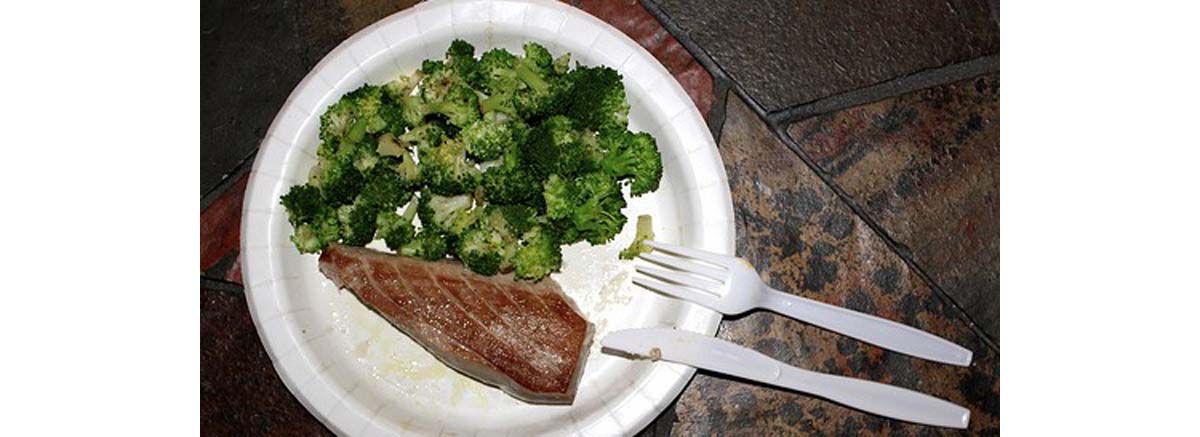Table of Contents
First off, don’t fall into the trap of following any trends.
If a celebrity endorses it, if you see it in a commercial or infomercial, or if it’s all over the media, run for the hills. Remember that companies and individuals will only promote a diet if there’s money to be made from it, and most seem to have forgotten that losing weight and eating healthily is actually fairly simple.

If you did nothing else but monitor your calorie intake, you’d almost certainly enter 2014 in better shape and feeling healthier than you did in 2013.
The second stage is to make smarter food choices.
This is where the caveman diet and gluten-free eating both start to offer some benefits. While they may be slightly over the top, it probably would be an excellent idea for most people to reduce their consumption of processed grains and other foods high in gluten.
While they won’t directly lead to weight gain or prevent fat loss, it is very easy to over-consume these foods. Remember that carbs aren’t actually essential. They provide energy, so the amount you eat should correlate with how much energy you need?
Work a physical job such as construction or personal trainer and workout four or five times a week on top? You can get away with a fairly high carb intake and not see any ill effects.
Sit in an office all day, spend your spare time watching TV and rarely go to the gym? Then a lower carb intake is definitely your friend.
Both these diets also prioritize protein in the absence of carbohydrate. The Western world typically has a chronically low protein intake.Considering protein helps keep you feeling full, regulates hormone production and metabolic processes and aids with lean muscle gain, this isn’t good news.
Make a commitment to eat better and live a healthier lifestyle in 2013. Don’t see this as a new years resolution (though it’s too late for that now anyway, which is a good thing) rather a lifestyle change.
Start keeping a food diary and write down everything you eat. Track calories and food intake using an app or website and make better food choices whether you’re eating at home with the family or out at restaurants.
Above all, don’t fall prey to 2013’s phony nutrition trends.
- “Nutrition Trends I Hope Won’t Stick in 2013”, By Janet Helm, Published on December 20, 2012, Accessed on March 8th, 2013, Retrieved from http://blogs.webmd.com/food-and-nutrition/2012/12/nutrition-trends-i-hope-wont-stick-in-2013.html
- Photo courtesy of josecamoessilva on Flickr: www.flickr.com/photos/josecamoessilva/6577166629
- Photo courtesy of cottagerevolution on Flickr: www.flickr.com/photos/cottagerevolution/8615403950

